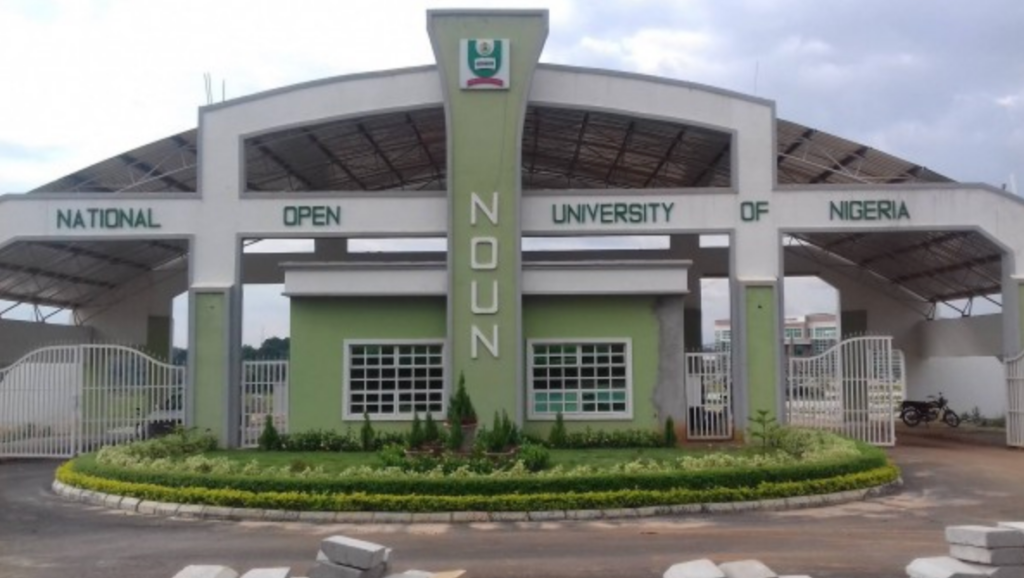
*Blames porous border, influence of jihadists for menace
*Navy immune to organise crime, says Naval chief
Former Chief of Army Staff, Lt-Gen. Tukur Buratai (rtd) has said Nigeria currently ranks fifth globally in countries affected by organised crime behind Democratic Republic of Congo Colombia, Myanmar, and Mexico.
He said Nigeria also ranks second of 54 countries in Africa and first of 15 countries in West Africa.
While quoting the Global Organized Crime Index, the former army chief revealed that other high-scoring countries include Afghanistan, Iraq and Syria.
He said the affected countries are where conflicts have decimated the formal economies and have led to mass displacement and an influx of weapons.
Buratai stated this at a one-day International conference on organised crime themed “Organised Crime Network as Emergent Threats to National Security” organised by Igbinedion University in collaboration with the Buratai Centre for Contemporary Security Affairs on Tuesday in Abuja.
He said: “Nigeria has a criminality score of 7.15 out of 1 to 10 and it is ranked 5th out of 193 countries. It is 2nd of 54 countries in Africa and 1st of 15 countries in West Africa according to the Global Organized Crime Index.
“As the Index results show, the countries with the highest criminality levels are those experiencing conflict or fragility. The Democratic Republic of Congo was identified as the country most affected by organized crime, followed by Colombia, Myanmar, Mexico and Nigeria.
“Other high-scoring countries include Afghanistan, Iraq and Syria, where conflicts countries have decimated the formal economies, led to mass displacement and an influx of weapons. Of the 54 African countries, 30 were assessed as having a human trafficking market whose influence is either significant or severe, demonstrating the immense reach of this illicit economy, not least amid the pandemic when economic devastation across the continent made people increasingly vulnerable to trafficking.
“In this context, arms trafficking was found to be the second-most pervasive criminal market across Africa as a whole (5.56), followed by nonrenewable resource crimes (5.44) and fauna crimes (5.39)”
Buratai blamed Nigeria’s porous border,
prolonged conflicts in countries like Somalia, DR Congo, Libya, Mali, Burkina Faso, Sudan and poverty as primary contributors to organised crime.
According to him, the influence of jihadist groups in the Sahel, who exploit vulnerable populations and use violence to achieve their agendas, including greed and the pursuit of personal gain also contribute to the proliferation of criminal networks in the country.
Buratai added that the absence of effective law enforcement (police), weak deterrence mechanisms and weak governance structures further enable criminal organizations to operate with impunity.
He said: The impact of the COVID-19 pandemic in 2020 led to a significant transformation in organized crime. One notable consequence was the exponential growth of cybercriminal activities, taking advantage of the large number of individuals compelled to operate online for work, leisure, and commerce.
“Exploiting this situation, drug traffickers resorted to innovative methods of smuggling their illicit merchandise, discreetly hiding them within shipments of essential pandemic supplies that passed through understaffed ports.
“Furthermore, the economic hardships resulting from the implementation of anti-contagion measures made some of the world’s most vulnerable populations more susceptible to human trafficking and various forms of exploitation. Later in the year, the oil market experienced a dramatic collapse primarily caused by a decrease in demand. As a result, vessels transporting oil cargo became exposed to the risk of piracy.
The former army chief observed that the alarming reality of ongoing criminal activities, ranging from the illicit theft of about 500 barrels of crude oil on a daily basis to the calculated displacement of communities for the purpose of mining minerals cannot be ignored.
According to him, these multifaceted crimes not only undermine the stability and well-being of affected regions but also perpetuate a cycle of violence and exploitation.
He suggested that the ongoing battle against organized crime requires a comprehensive and collaborative approach from law enforcement agencies, government entities, and the general public to protect the well-being and future of our beloved country.
“It is imperative that governments, international organizations, and law enforcement agencies collaborate to address these issues comprehensively. By implementing stringent measures, conducting thorough investigations, and promoting sustainable development initiatives, we can strive towards creating a safer and more equitable world for all”, Buratai said.
Speaking, Vice-Chancellor, Professor Lawrence Ikechukwu Ezemonye lamented that the scale of insecurity in Nigeria is heightened by the growing convergence and proliferation of organised criminal activities and sources.
This according to him, included banditry, terrorism, human and drug trafficking, kidnapping, among others which he said have altogether put serious strains on the nation’s security architecture.
“In the spirit of town and gown interface, our University under the auspices of the Buratai Centre for Contemporary Security Affairs, a leading Centre of Excellence on securities studies, is poised to respond to these challenges through convocation of versed security analysts and security personnel including top-notch operatives to interrogate the issues slated for discussion at this conference”, he stated.
Speaking, Chief of Naval Staff (CNS), Emmanuel Ogalla said though it was
evidence that organised crimes are evolving and multifaceted, the Nigerian Navy is immuned to emergent threats.
Represented by the director of training, naval headquarters, Ogalla stated: “It is truism that organised crime poses existential threat to Nigeria’s maritime domain. Specifically, the prevalence of illegal oil bunkering and crude oil theft demonstrate the tenacity of these criminal networks in siphoning our common patrimony. The Nigerian Navy in conjunction with relevant stakeholders, have ramped up maritime security operations which have resulted in reducing the activities of these economics saboteurs to its barest”












